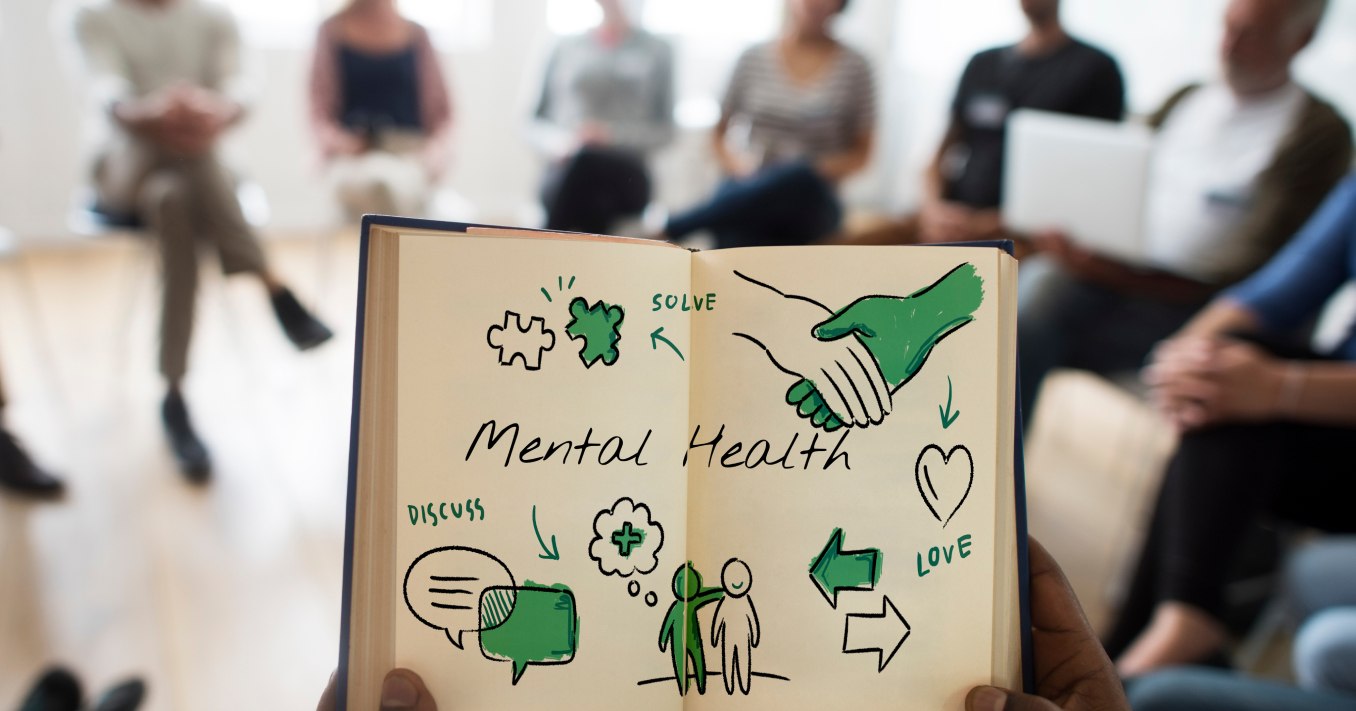Building Psychological Safety
“Psychological Safety” - a phrase coined by Amy Edmondson is considered to be the single biggest contributing factor to high performing teams. It means team members feel safe to take risks and be vulnerable in front of each other. How can a leader make that happen?
Business Impact
Ideally Suitable For
The delivery will be customised as per the needs of the learning cohort.
What you will learn in Building Psychological Safety
How is this activity available?
Do It Yourself (DIY)
Instructor-led Training (ILT)
Virtual Instructor-led Training (VILT)
Masterclass (MC)
Download our PDF
Learn more about this solution by accessing our brochure. Feel free to share it with anyone you know who could benefit from it.
Available in -
-
Do It Yourself (DIY)
-
Instructor-led Training (ILT)
-
Virtual Instructor-led Training (VILT)
-
Masterclass (MC)
This course includes:
3 modules
Duration: 90-120 minutes
1 case study
Ideal for: 20-30 participants at a time
- Participant handbook
- Pre-work assignment (optional)
- Post-work assignment (optional)
- Pocket insights (optional)
- Manager Insights (optional)
The program will help you

Download our PDF
When you need a ready document to share ahead.
Frequently asked questions
Don’t see an answer to your question?
Drop us an email and we will get back

For each workshop, we can help you with three different teasers you can customize and share periodically with participants to build excitement and get traction.
You can download a program overview from each of the topic pages. While this will give you an overall workshop structure, our learning designers will still need to talk with you to customize the workshop to your context.
We are glad you asked that question. Every learning intervention starts with "Why?" and "What is the difference you want to see at the workplace because your learner attended this session?" Once we are clear, our learning designers put together a thoughtfully curated learning journey that could be a mix of different methodologies chosen to suit your learning environment. Besides this, to aid learning, we can (optionally) buttress it through:
- A pre-learning assignment for learners to know where they stand before the journey
- A participant handbook aids the learner in returning to what was covered during the session and reviewing it again. It helps in learning reinforcement.
- A post-learning assignment helps learners know where they stand after the journey. Assessing the gap in learning helps learners in bridging it.
- Pocket insights—a ready reckoner with the key concepts that can either be carried along or be pinned up as a ready reminder.
- Manager Essentials—tips (for the managers of the learners) to recognize behavioral changes and create an environment that encourages the learners to put what they have learned to practice.
- Post-learning application of learning at the workplace through a specific project.
- We try to capture the impact of every learning intervention through an impact report that is then shared with clients.
Every single workshop (except the asynchronous self-paced modules) is customized to the precise customer need and brief. Our client advisory team will work closely with you to understand your context and pass it on to the execution team.


